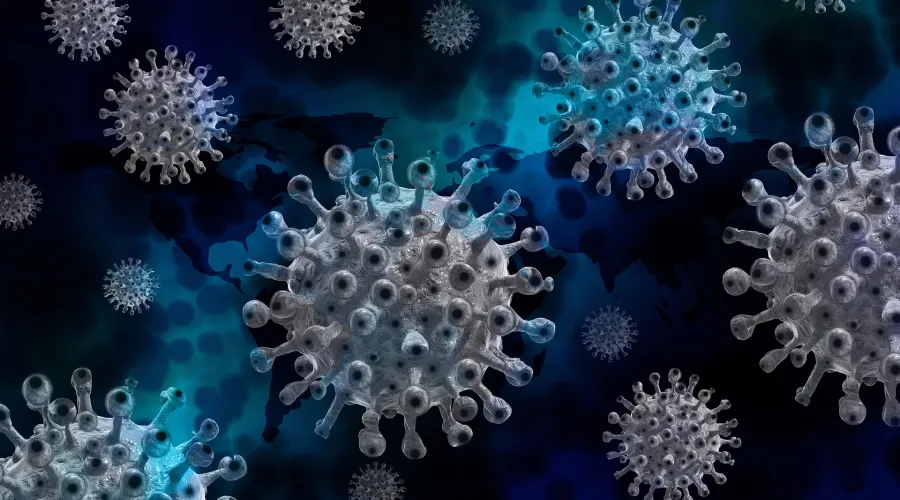
Microbiology, Immunology and Molecular Genetics Research
Microbiology, Immunology, and Molecular Genetics Research
The graduate program in the department of microbiology and immunology reflects the exciting advances which have occurred in microbiology, molecular genetics, cancer biology, and immunology over the last decade. The PhD training program is flexible and attempts to blend an appropriate mixture to didactic courses, seminar, research and independent study for each student. Our graduate students and postdoctoral fellows enjoy success in competing for positions in the academic, governmental and industrial sectors. Our funding base for research and graduate education has expanded and currently exceeds $5 million per year.
Leeza Khenner
I am currently a senior majoring in Biology and German Studies, and I will be attending medical school starting in August of 2019. I have worked with Dr. Stevenson in the Department of Microbiology, Immunology, and Molecular Genetics since my sophomore year. In his lab, I work on projects that explore the processes by which Borrelia burgdorferi, the causative agent of Lyme disease, regulate their gene expression in response to changes in their environment, and how these changes affect their pathogenicity. This research has strengthened my applications for medical school and enhanced my education, making me a more well-rounded individual. Being able to apply the concepts I learned in my lectures to my research gave me a greater understanding of the experiments I was performing, but the practical application in turn also helped me understand those same concepts in a deeper way for my coursework. Because of my research, I learned how to read and critically evaluate scientific studies, and as a result, I feel much more prepared to understand and explain data in my future work as a physician. Finally, my research has given me many opportunities I would not have had otherwise, such as presenting posters at conferences and working with one of Dr. Stevenson's collaborators in Germany as a research student in the summer of 2017. I have really enjoyed working with the graduate students in both my lab and in the Microbiology department, and I have learned so much from them. I highly recommend that every student complete some kind of research during their undergraduate years because it provides a chance to develop as a scholar and a person beyond the standard coursework.
Interested in a Minor?
The Microbiology, Immunology and Molecular Genetics Department teaches a wide variety of courses, including those required for a Microbiology minor. Specific research areas include microbial physiology, bacterial pathogenicity, cellular and molecular immunology, tumor immunology, lymphocyte differentiation, membrane biology, molecular virology, molecular genetics, and gene regulation.